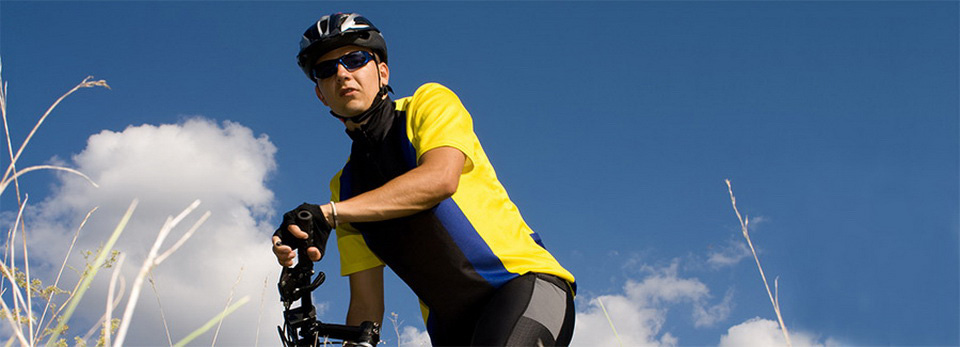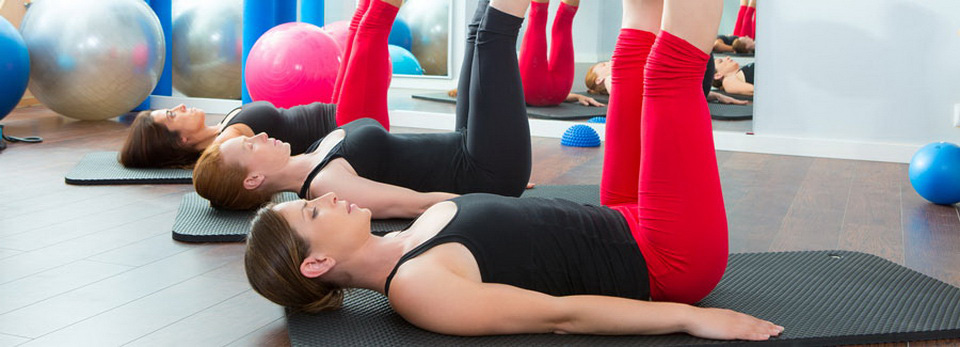Physiotherapy in Beamsville for Knee
Q: My knee has a hole in the cartilage. I gather there are all kinds of ways to treat the problem. I can either have it repaired or they can replace the cartilage. What works best?
A: Damage to the articular layer of cartilage that lines the joint can cause pain, swelling, and eventually degenerate into arthritis. It doesn't have the ability to heal itself when damaged so that's why treatent is important.
Surgical treatment of holes in the articular cartilage of the knee has taken a decided turn in the last 15 years. Surgeons have found ways to either repair or replace the cartilage. Results have steadily improved so the question now is: which method works best?
Repair techniques involve marrow stimulation such as abrasion arthroplasty, drilling, and microfracture. Replacing the cartilage defect with healthy donor cartilage consists of autologous chondrocyte implantation, osteochondral autograft, and mosaicplasty.
Each one of these procedures has its pros and cons (advantages and disadvantages). And results of studies vary from no difference from one treatment to another to each one being better than all the others. Experts who review the studies suggest there's probably some research bias in there. Sometimes one approach has faster results than others but over time the outcomes seem to even out.
The best approach to cartilage defects (also called lesions) remains unknown. There have been many studies done on the various techniques. And researchers have even taken the time to review all of those studies and try to summarize what is known for each one. This latter type of study is called a systematic review.
What they have found is that there are some individual patient and defect factors that can make a difference. Things like your age, activity level, size of the defect, and location of the defect can predict which method might work best for you.
Your surgeon will have all this in mind when he or she recommends a plan of care that's best for you. Having the information here will help you understand what is advised for you. You will be able to ask questions to help sort out what's best for you.
Reference: Joshua D. Harris, MD, et al. Autologous Chondrocyte Implantation. A Systematic Review. In The Journal of Bone and Joint Surgery. September 15, 2010. Vol. 92-A. No. 12. Pp. 2220-2233.







